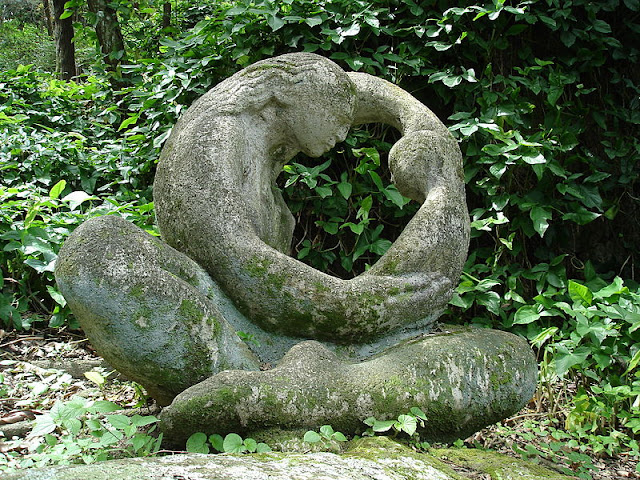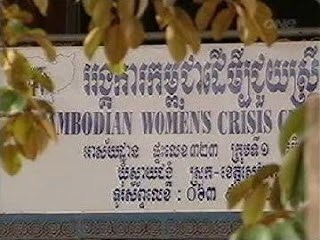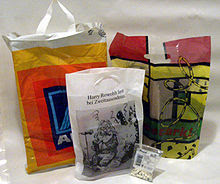Unjust Eviction

"The neighbours think you are running a brothel. I would like you to leave within one month." So began my only personal experience of eviction. It hardly affected me as I was leaving in a week to get married, but my 3 flatmates had to find alternative accommodation. We were astonished at the allegation. We were not prostitutes. We were not running a brothel. We all dressed modestly, were leading what most people would have regarded as 'good' lives and working in responsible professional jobs with no connections to the sex industry. When Mr. T. told us he was worried by what the neighbours were saying we wondered how such a rumour could have started. Here is how we explained it. We were 4 young single women, each with a (not living-in) boyfriend/fiance. This meant there were 4 men visiting very frequently as well as other male friends or relations calling in from time to time. One of my flatmates was engaged to a musician who played in the orchestra of an ope...






















